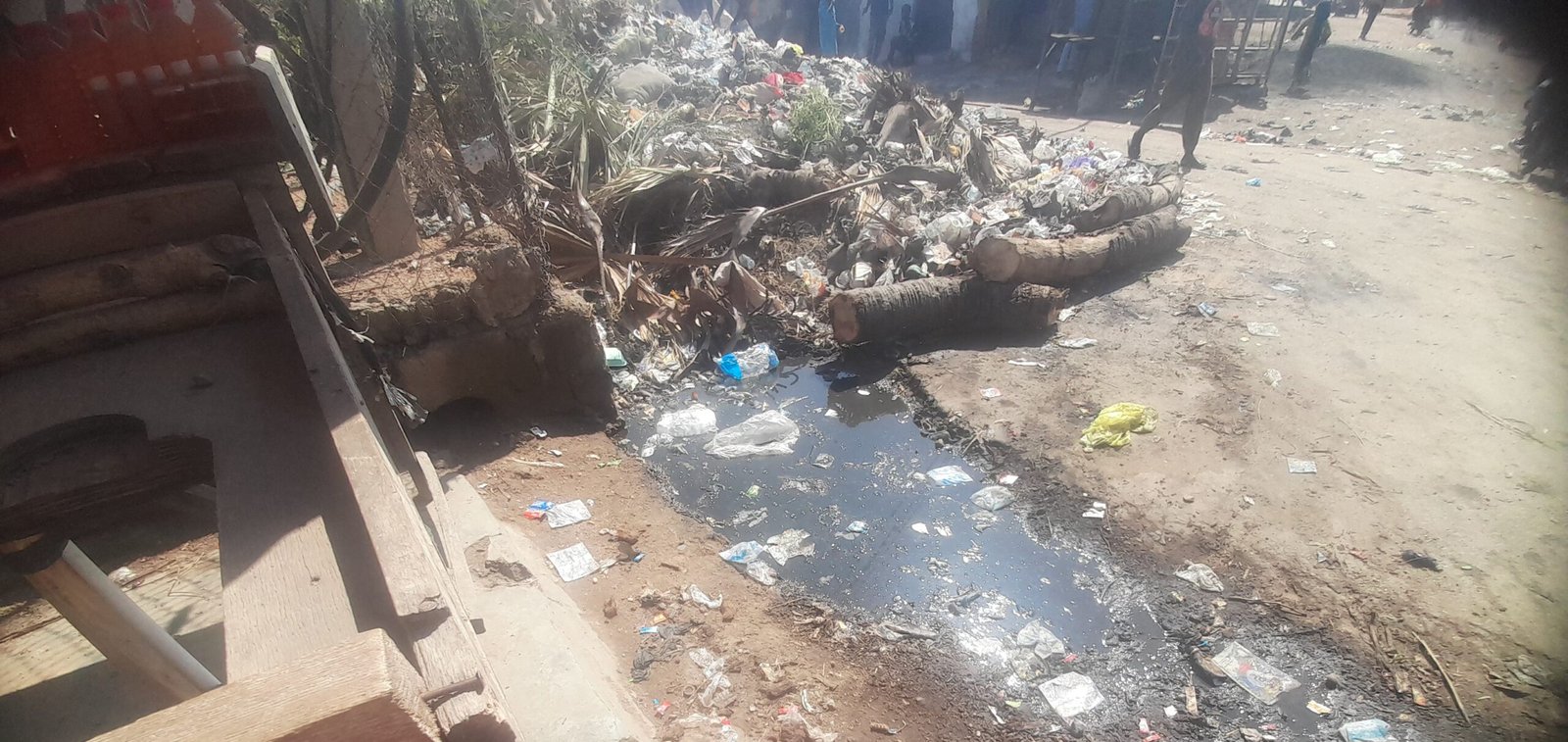In a powerful display of unity and determination, women from various community-based organisations in the Niger Delta have voiced their strong opposition to the plans of oil companies to divest their onshore assets without proper consultation.
The women accused Shell, AGIP, and Exxon Mobil of the plot and added the companies did so without addressing the environmental damages caused by their operations.
Emem Okon of Kebetkache Women Development and Resource Centre, speaking on behalf of the women, stated, “We are deeply concerned about the swift nature of these divestment plans and the potential consequences for our communities. The government must ensure that polluted farmlands are cleaned up and restored before approving any divestment of assets.”
The women highlighted their concerns about the lack of guidelines for resolving pollution issues before the companies depart, as well as the failure to establish women’s development funds to support those affected by the ecological degradation caused by oil extraction.
They emphasised the vital roles women play in securing their families’ subsistence income through agricultural activities, processing farm produce, and engaging in trade while noting the adverse effects of oil exploitation on their economic activities, citing declines in crop yields and increased poverty.
The women called on the government to mandate companies divesting their oil assets to commit to cleaning all polluted sites in the Niger Delta and restoring lost livelihood opportunities.
They demanded NO DIVESTMENT WITHOUT ECOSYSTEM RESTORATION and urged the Rivers State Governor to obtain a court injunction to halt any related asset sales.
In a joint statement, the women concluded by stating, “We vehemently reject IRRESPONSIBLE DIVESTMENT and demand that the companies take responsibility for the environmental damages they have caused. We will continue to fight for the restoration of our ecosystem and the protection of our communities.”.



